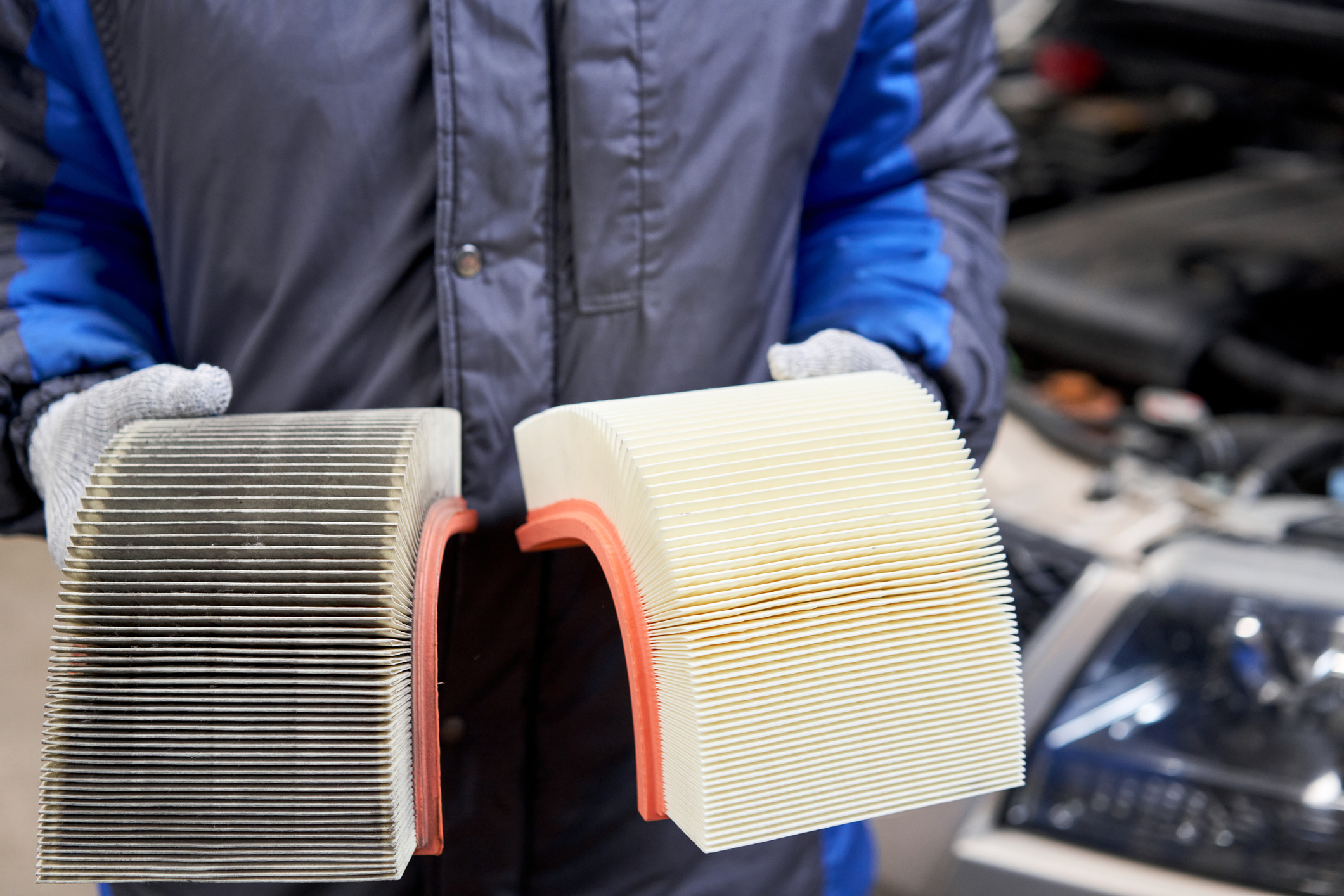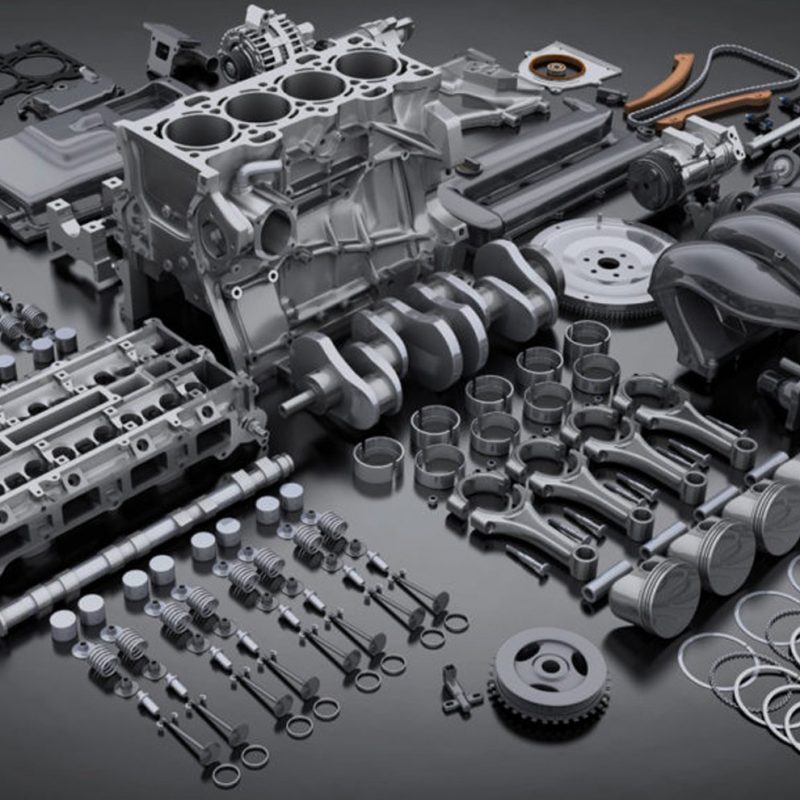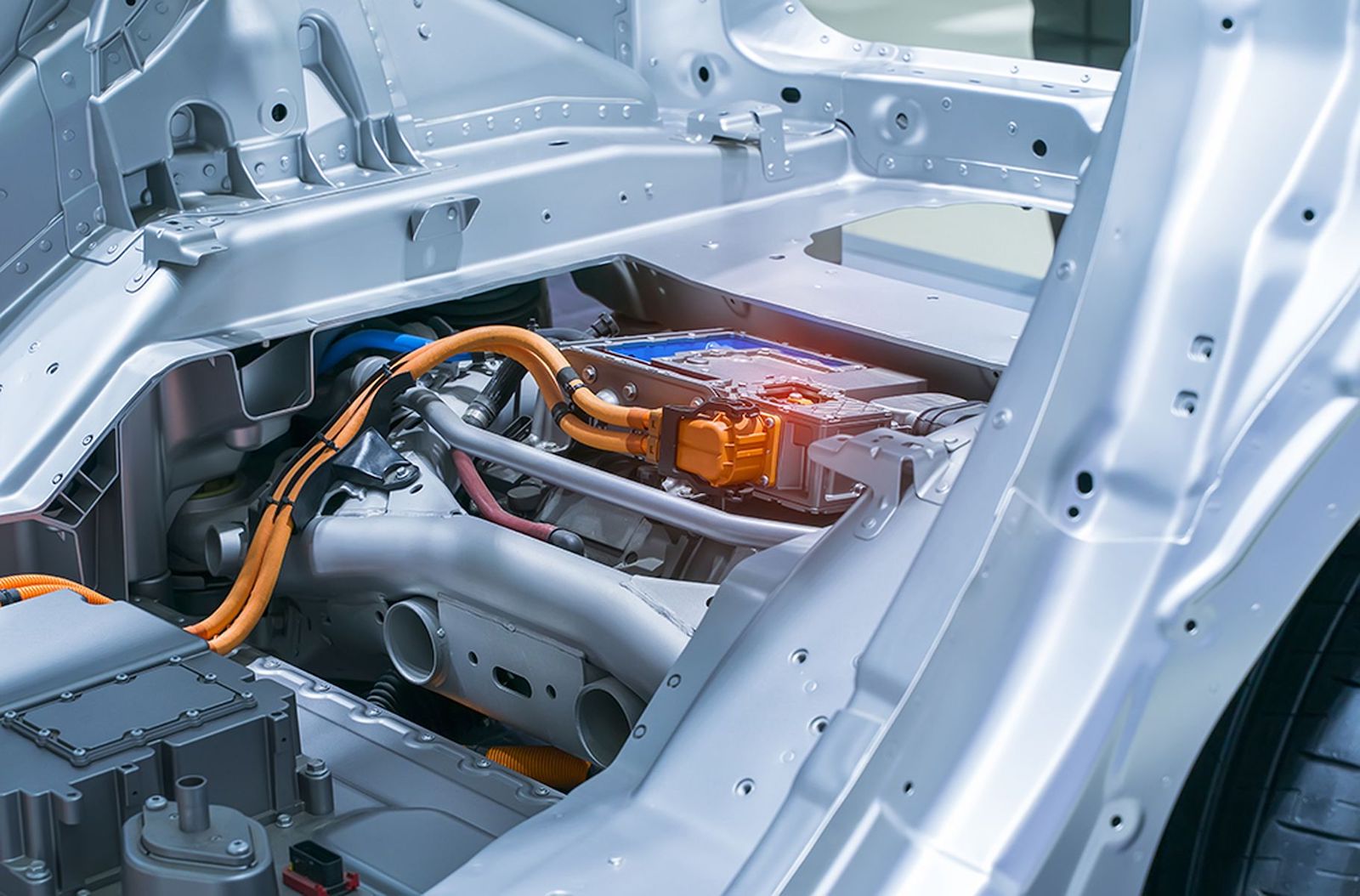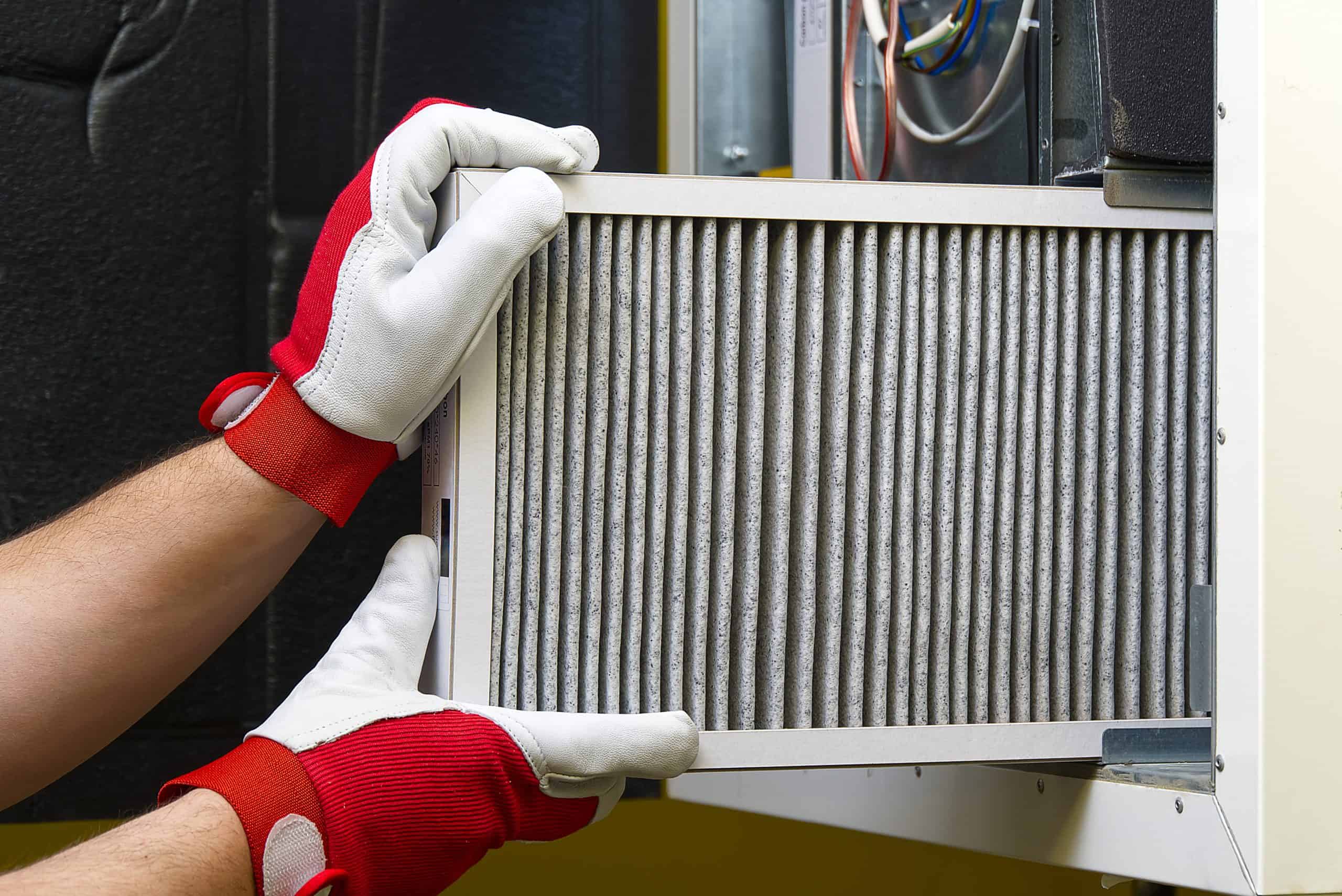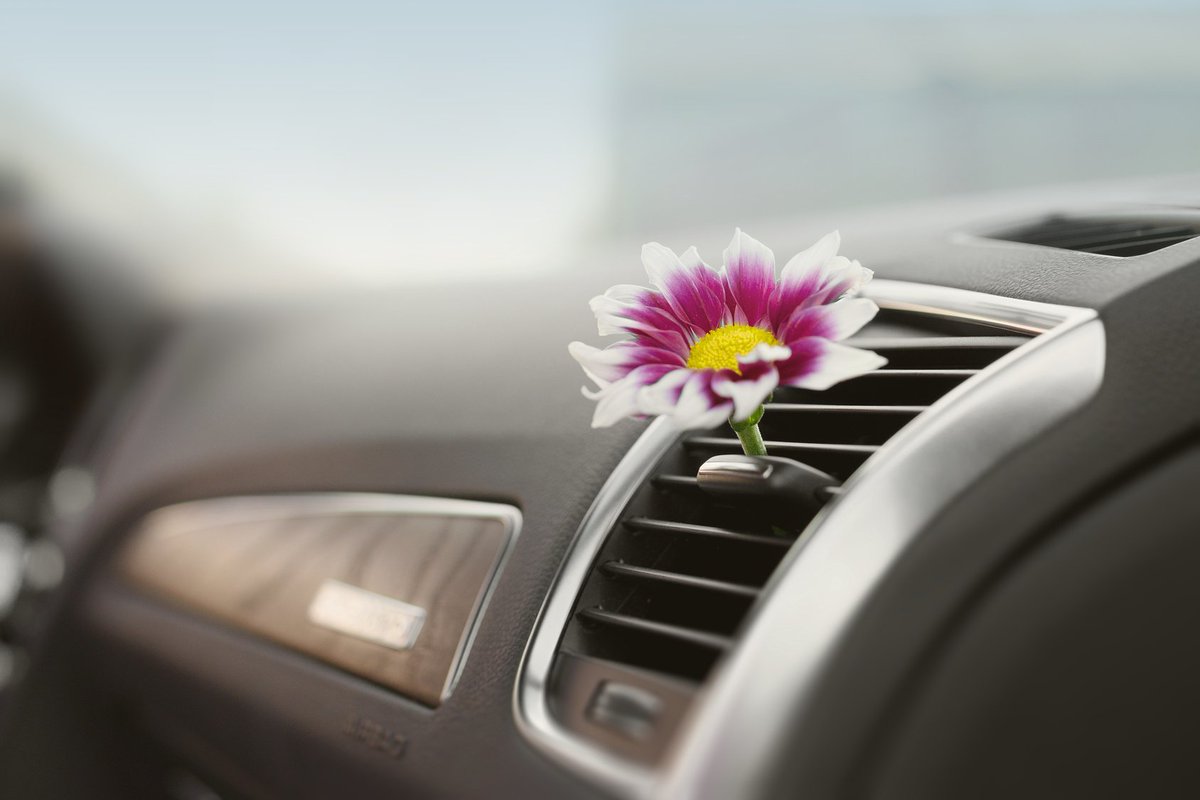How to Choose the Right Engine Air Filter for Your Vehicle
How to Choose the Right Engine Air Filter for Your Vehicle
Explanation of the importance of engine air filters
The engine air filter is an essential component of your vehicle’s engine system. It is responsible for removing dirt, dust, and other contaminants from the air before it enters the engine. This helps to protect the engine from damage and prolong its lifespan. A dirty or clogged air filter can also negatively impact your vehicle’s performance, fuel efficiency, and emissions.
Brief overview of different types of engine air filters There are several types of engine air filters available on the market. These include paper air filters, cotton air filters, synthetic air filters, and reusable air filters. Each type has its own unique features and benefits, and the right one for your vehicle will depend on factors such as your driving conditions, climate, and budget.
Paper air filters are the most common type of filter and are made from pleated paper. They are low-cost and disposable, but may not be as efficient or durable as other types of filters.
Cotton air filters are made from layers of cotton and are washable and reusable. They have a longer lifespan than paper filters and are more efficient at trapping contaminants.
Synthetic air filters are made from a combination of materials and are washable and reusable. They are more expensive than paper and cotton filters, but are also more durable and efficient.
Reusable air filters are made from a washable, oiled cotton or synthetic material. They have a longer lifespan than other types of filters and can be cleaned and reused multiple times.
Ultimately, the best type of filter for your vehicle will depend on your specific needs and driving conditions. It’s important to consult your vehicle’s owner’s manual or speak with a professional to determine the best filter for your vehicle.
Factors to Consider
Compatibility with your vehicle make and model
When choosing an engine air filter, it’s important to make sure that it is compatible with your vehicle’s make and model. Not all filters are created equal, and using the wrong one can cause damage to your engine or negatively impact its performance. It’s important to consult your vehicle’s owner’s manual or speak with a professional to determine the right filter for your vehicle.
Quality and efficiency of the filter When choosing an engine air filter, it’s important to consider the quality and efficiency of the filter. Look for filters that are high-quality and have a high filtering efficiency. This will help to ensure that your engine is protected from dirt, dust, and other contaminants, and that your vehicle is running at optimal performance.
Climate and driving conditions Another important factor to consider when choosing an engine air filter is the climate and driving conditions that you will be driving in. If you live in a dusty or sandy area, or if you frequently drive on dirt roads, you will need a filter that is specifically designed to handle these conditions. In contrast, if you primarily drive in a city or suburban area with less dust and debris, a standard filter may be sufficient.
Cost and durability When choosing an engine air filter, it’s important to consider the cost and durability of the filter. Paper air filters are typically the most affordable option, but they are also disposable and need to be replaced more frequently. Cotton and synthetic air filters are more expensive, but they are washable and reusable, which can save you money in the long run. Reusable air filters are also more expensive than disposable but they are washable and reusable which makes them more cost-effective in the long run.
Ultimately, the best filter for your vehicle will depend on your specific needs, budget, and driving conditions. Be sure to weigh the pros and cons of each type of filter before making a decision.
Types of Engine Air Filters
Paper air filters
Paper air filters are the most common type of engine air filter. They are made from pleated paper and are designed to trap dirt, dust, and other contaminants before they enter the engine. Paper air filters are low-cost and disposable, but they may not be as efficient or durable as other types of filters. They are a good option for those who are looking for a budget-friendly solution, but they will need to be replaced more frequently than other types of filters.
Cotton air filters Cotton air filters are made from layers of cotton and are designed to trap dirt, dust, and other contaminants before they enter the engine. They are washable and reusable, which makes them more durable and cost-effective than paper filters. Cotton air filters are also more efficient at trapping contaminants than paper filters, which can help to improve your vehicle’s performance and fuel efficiency.
Synthetic air filters Synthetic air filters are made from a combination of materials, such as foam or synthetic fibers, and are designed to trap dirt, dust, and other contaminants before they enter the engine. They are washable and reusable, which makes them more durable and cost-effective than paper filters. Synthetic air filters are also more efficient at trapping contaminants than paper filters, which can help to improve your vehicle’s performance and fuel efficiency. They are more expensive than paper or cotton filters but they last longer and are more efficient.
Reusable air filters Reusable air filters are made from a washable, oiled cotton or synthetic material. They have a longer lifespan than other types of filters and can be cleaned and reused multiple times. They are more expensive than disposable filters, but they are more cost-effective in the long run, as they don’t need to be replaced as frequently. They are also more efficient at trapping contaminants, which can help to improve your vehicle’s performance and fuel efficiency.
Ultimately, the best type of filter for your vehicle will depend on your specific needs and driving conditions. It’s important to consult your vehicle’s owner’s manual or speak with a professional to determine the best filter for your vehicle.
How to Replace Your Engine Air Filter
Steps for replacing the air filter
-Locate the air filter housing: This is typically located near the top of the engine, near the front of the vehicle. Refer to your vehicle’s owner’s manual for the exact location.
-Release the housing clips or latches: Depending on your vehicle, there may be clips or latches that need to be released in order to open the housing.
-Remove the old filter: Once the housing is open, gently pull out the old filter. Be sure to dispose of it properly.
Inspect the housing and surrounding areas: Before installing the new filter, inspect the housing and surrounding areas for any debris or damage. Clean out the housing as needed.
-Install the new filter: Gently insert the new filter into the housing, making sure it is seated properly.
-Close the housing: Securely close the housing and ensure that all clips or latches are properly fastened.
Tips for proper installation
-Always consult your vehicle’s owner’s manual for specific instructions on how to replace the air filter in your vehicle.
-When installing the new filter, be sure that it is seated properly and that the arrows on the filter are pointing in the direction of the airflow.
-Be sure to properly dispose of the old filter, as it may contain contaminants that could harm the environment.
-It is advisable to keep a spare filter in the car in case of an emergency.
How often to replace your air filter The frequency at which you should replace your air filter will depend on your driving conditions and the type of filter you are using. Generally, paper air filters should be replaced every 12,000 to 15,000 miles or 12 to 15 months. Cotton and synthetic air filters can last up to 30,000 miles or 30 months, and reusable air filters can last up to 50,000 miles or 50 months. However, it’s always best to consult your vehicle’s owner’s manual or speak with a professional for specific recommendations for your vehicle. It is also important to check your air filter visually, if it looks dirty, it is time to replace it.
Summary of key points
-The engine air filter is an essential component of your vehicle’s engine system, responsible for removing dirt, dust, and other contaminants from the air before it enters the engine.
-There are several types of engine air filters available on the market, including paper, cotton, synthetic, and reusable air filters. Each type has its own unique features and benefits.
-When choosing an engine air filter, it’s important to consider factors such as compatibility with your vehicle make and model, quality and efficiency of the filter, climate and driving conditions, and cost and durability.
-Properly replacing and maintaining your engine air filter is essential for optimal vehicle performance, fuel efficiency, and prolonging the lifespan of your engine.
Recommendations for finding the right engine air filter for your vehicle
-Consult your vehicle’s owner’s manual or speak with a professional to determine the right filter for your vehicle.
-Consider the specific needs and driving conditions of your vehicle when choosing a filter.
-Look for filters that are high-quality and have a high filtering efficiency.
Reminder to regularly check and replace your engine air filter for optimal vehicle performance
-Regularly check your air filter, if it looks dirty, it is time to replace it.
-Follow the manufacturer’s recommended replacement schedule or consult your vehicle’s owner’s manual for specific recommendations.
-Properly maintain and replace your engine air filter to ensure optimal vehicle performance, fuel efficiency, and prolong the lifespan of your engine.


